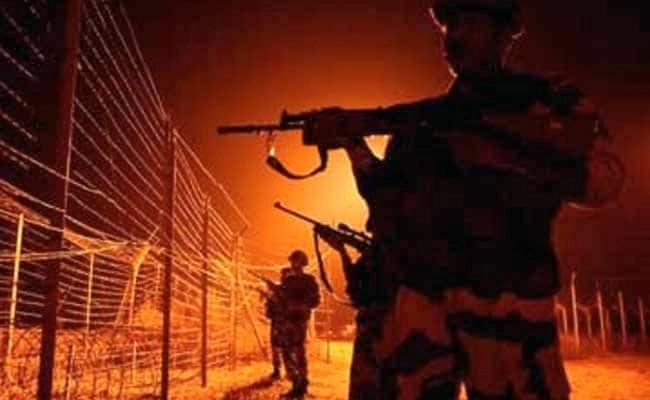Tensions between Pakistan and India have once again escalated following a series of cross-border firings along the Line of Control (LoC). This latest incident has reignited longstanding hostilities between the two nations, which have been marked by numerous confrontations over the years. The LoC, which serves as the de facto border in the disputed region of Kashmir, has been a hotbed of military activity and skirmishes, and the recent firings are a stark reminder of the fragile state of peace in the area.
Reports indicate that the exchanges of fire began in the early hours and involved artillery and small arms, heightening concerns over civilian safety in the border areas. Both countries have accused each other of unprovoked aggression, a narrative that has become all too familiar in their tumultuous relationship. The situation is particularly precarious as it threatens to escalate into a larger conflict, drawing in military forces and further straining diplomatic relations.
The international community is closely monitoring the developments, as any significant escalation could destabilize the region and impact global security. Diplomatic efforts to ease tensions have been made in the past, but with each new incident, the prospects for peaceful negotiations seem increasingly bleak. The people living in the border areas continue to bear the brunt of this ongoing conflict, facing the daily threat of violence and disruption to their lives.
As both nations prepare their military forces and issue stern warnings, it is imperative that dialogue be prioritized over aggression. A concerted effort is needed to address the underlying issues that fuel this conflict, including territorial disputes and historical grievances. The hope remains that through diplomatic channels and engagement, a pathway to peace can be forged, allowing both nations to coexist without the specter of violence looming over their borders.




